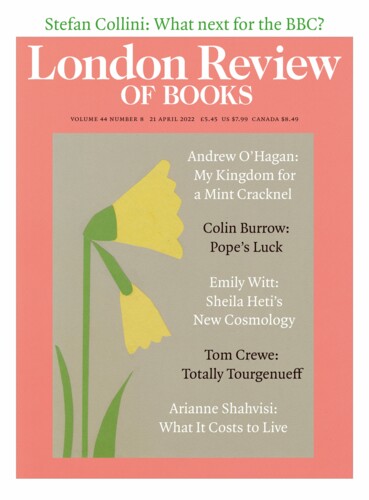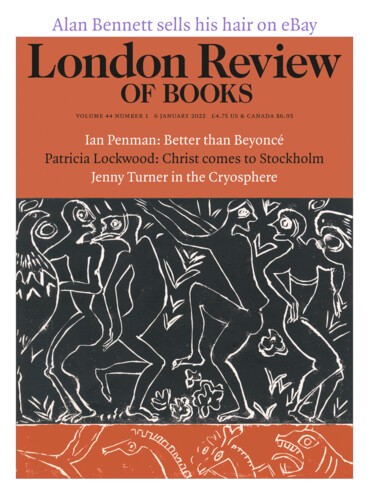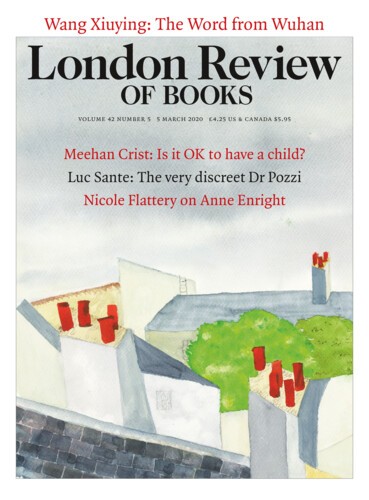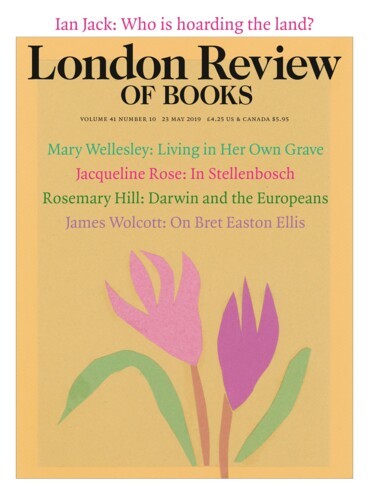In Hereford: The Mappa Mundi
Mary Wellesley, 21 April 2022
Seven centuries ago, an artist made a perforation with a compass on a large piece of parchment. The pinprick formed the centre of his universe. Around it he drew the circular shape of a city, with crenellated towers – Jerusalem. Radiating outwards from this point, the artist and perhaps six others portrayed the world as they knew it. It was a circular world, hemmed by a great ocean....





